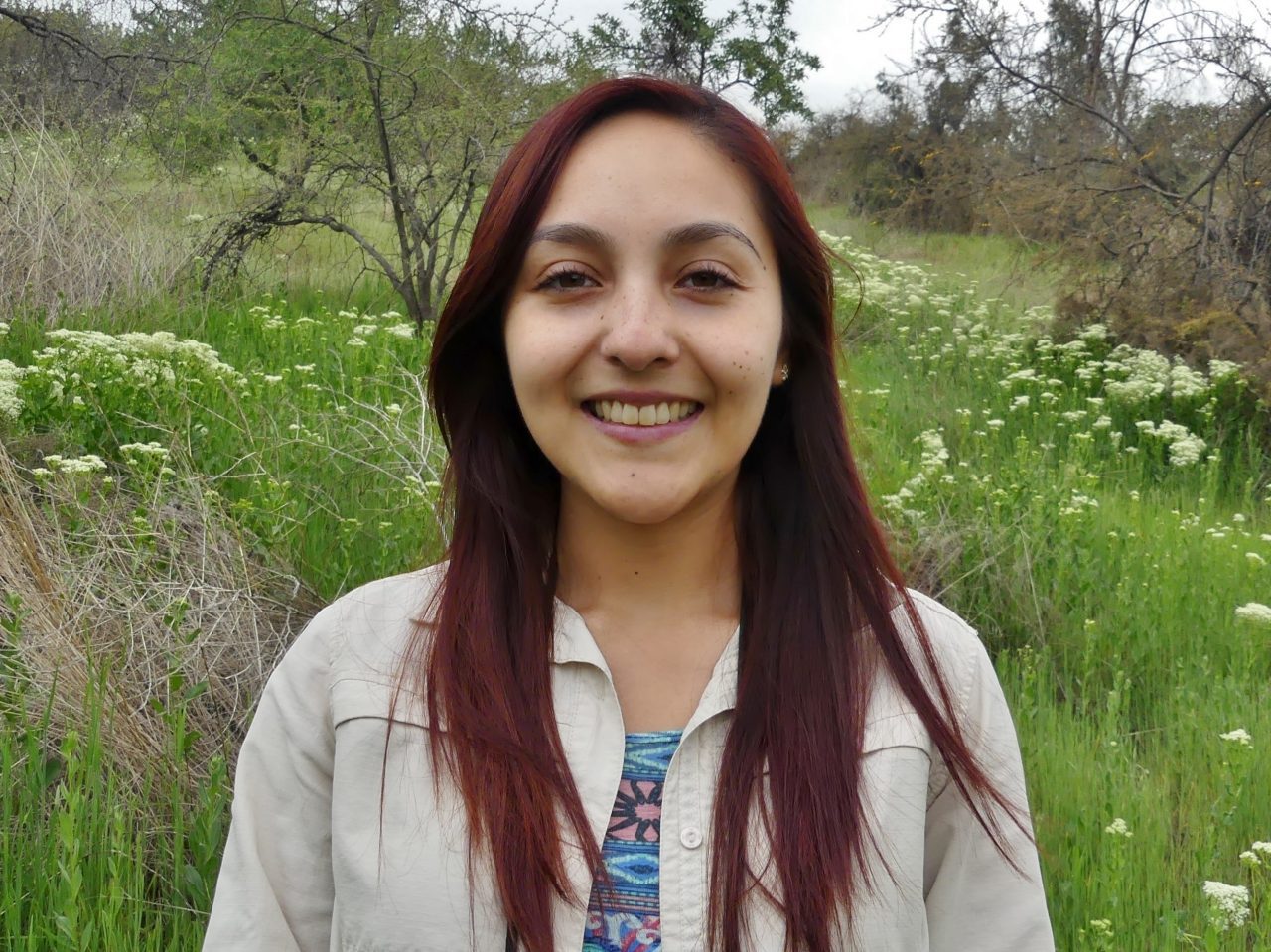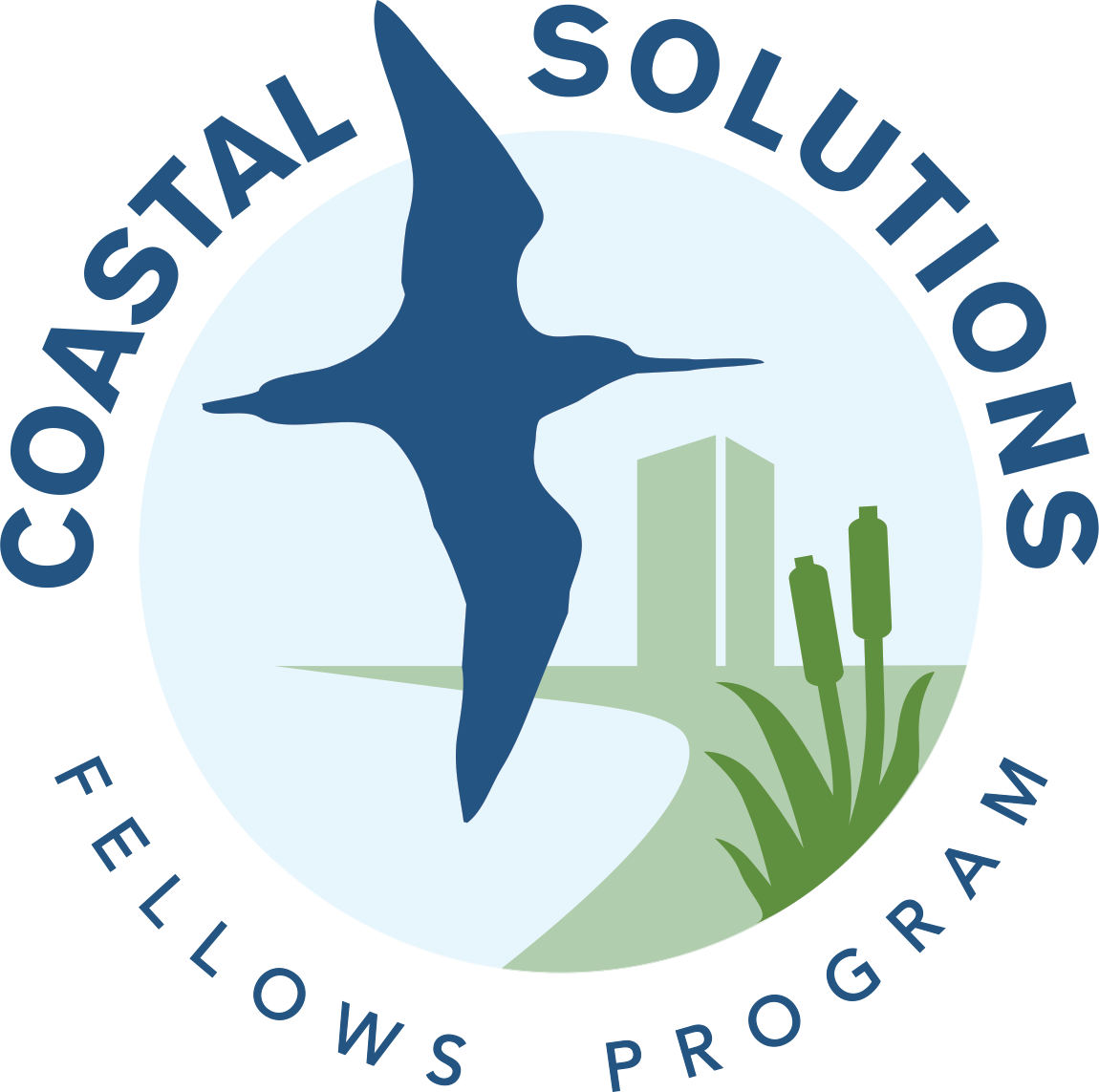Sharon Montecino

Our hands, your wings: shorebirds in Chile and reduction of their threats in a priority site of the Pacific Migratory Flyway in America
Project Site: Maipo River Mouth, Chile
Sector: Conservation
Disciplines: Natural Resource Management
Collaborators: ROC, Santo Tomas University, Cosmos Foundation, USFWS, Manomet, Ojos de Mar, Santo Domingo Municipality, San Antonio Municipality, Academia Escolar de Ciencia Academy of Science Yecos del INCO
Sharon is an Engineer in Natural Resources and has focused her professional career on biodiversity conservation. An enthusiastic young professional who has actively collaborated in the design and implementation of conservation projects, bird monitoring, and community engagement in Chile.
The Maipo River Mouth is an exceptional site located in the Valparaiso Region, in the central coast of Chile, providing resting, feeding, and nesting sites for thousands of shorebirds. It has been declared an Important Bird & Biodiversity Area, by BirdLife International, and a site of regional importance by the WHSRN due to the populations of some shorebirds, such as American Oystercatcher and Whimbrel. Despite this, various species are affected by human disturbance, as well as facing habitat degradation and high levels of nest predation.
Sharon considers that the proximity of wetlands to urban areas not only reveals conflicts of use but also offers opportunities to link communities to nature and biological conservation. The project’s objective focused on reducing anthropogenic threats that shorebirds face by implementing a multi-layer strategy that brought together governance, habitat management, awareness, environmental education, and shorebird population monitoring. Serving also, as a pilot project for management and common threat control for Chile to generate scalable, replicable, and transferable results.
The project also centred on the creation of knowledge and awareness for decision-makers, visitors, and users of the site with the purpose of promoting joint action and the implementation of measures that will reduce threats to shorebirds, while at the same time highlighting the benefits to human communities.
Between 2019 and 2021, Sharon’s project involved hundreds of people in a variety of activities that generated new scientific data, disseminated knowledge, and mobilized key stakeholders and decision-makers to collaborate in shorebird conservation. Activities like: disturbance and predator control, multi-sectoral partnerships, and strengthening of local environmental management through community engagement were promoted.
On the north bank of the Maipo River Mouth, the reproductive success of the American Oystercatcher increased compared to the previous season, while on the south bank, it remained zero until 2021. On the south bank, however, human disturbance was reduced and anti-predation shelters placed over the nests reduced egg predation by dogs, but not by foxes. With this information, new strategies were designed to avoid predation by foxes and to generate mechanisms to improve the reproductive success of the American Oystercatcher in the following seasons.
In general terms, during the implementation of the project, a community was built around shorebirds, agreements were reached with authorities, local groups self-managed projects related to wetlands and shorebirds, and became involved voluntarily in various initiatives. In addition, the threats faced by shorebirds at the site and in the country were positioned in the public arena, escalating discussions from local perspectives to a more integrated approach to proposed solutions (such as a national monitoring network for American Oystercatcher, and a communications campaign to reduce vehicle traffic on beaches, among others).
The 3 Main Achievements of this project:
- The installation of temporal dens and implementation of complementary measures to safeguard the reproduction of the American Oystercatcher.
- Construction of a lookout point for public use, through co-financing with local administrators (Cosmos Foundation).
- Community engagement and the establishment of the Environmental Monitors Program with senior citizens in the area.
You can read more on this project here: https://plataformacostera.org/web-stories/nuestras-manos-sus-alas/

The Coastal Solutions Fellows Program builds and supports an international community to design and implement solutions that address coastal challenges across the Pacific Americas Flyway. Our main goal is to conserve coastal habitats and shorebird populations by building the knowledge, resources, and skills of Latin American professionals, and by fostering collaborations among multiple disciplines and sectors.
